Some of the most integral and influential conversations you can have with your child will involve talking about sex and sexuality. Therefore, it’s important to be mindful of how you approach the subject. We understand that it’s no easy feat. Most conversations about sex and sexual health can make you or your child feel awkward. If you’re lucky, your child may even come to you with questions so we want to help you be prepared. If you’re feeling overwhelmed about discussing sex with your child and don’t know where to start, know that it’s okay. Here, we’ll provide tips on how to talk about sex with young people:
“The Talk”
An Continued Conversation
It’s important to remember that when you start talking to your child about sex and sexuality, it shouldn’t be treated as “the talk”. That would imply that it’s only one conversation when in actuality, it shouldn’t be. When parents talk about sex, it should be an ongoing conversation that happens comfortably over time. Research shows that adults have the greatest influence over the decisions that their children make regarding sexual activity. That’s why you need to approach the conversation delicately, as both sex and sexuality can be a broad range of issues that you need to cover. Young people are like sponges, so you need to ensure that what you discuss with them is done comfortably and effectively. One way to practically apply talks about sex and healthy relationships into your and your child’s life is to build and intentional weekly rhythm. It may sound odd, and more than likely at the start, may feel awkward. Again, this is ok. Knowing that on Wednesdays during dinner, or an evening Sunday night walk will prepare a safe space for your child to ask their questions.Tips To Help Talk About Sex
Understand the Facts
Not all parents and their children share the same comfort level when having an open conversation about sex and sexuality. Firstly, you should become comfortable with the subject before discussing it with your child. One of the most effective ways to become comfortable with talking about sex is to do your research and understand the facts. It doesn’t hurt to be prepared to talk openly about the basics when they’re young, but as they become teens, you may need to be more specific. Many reliable sources can teach you how to offer appropriate and accurate information for all ages. Keep in mind that books and information can’t teach you everything but are still useful as reference material. Some topics you may want to consider talking to your children about may include:- Childbirth
- Puberty
- Sexual orientation
- Sexual identity
- Sexual feelings
- Gender identity
- Reproduction
- Masturbation
- Contraception
- Birth control
- Pregnancy prevention
- Unplanned pregnancy
- Consent
- Respect
- Communication
- Healthy relationships
- Safe sex
- Sexually transmitted infections (STIs)
Keep It Evolving
Keep having frequent conversations early on in your relationship with your child, as even young people need to understand the importance of self-respect, the feelings of others, and appropriate touching. By keeping those topics as part of your core values surrounding sex, it’ll be much easier to advance onto other topics as they grow into teens and young adults. If you start early on to create a safe space for open and honest conversations, children will feel a lot more comfortable coming to you if they need you to answer questions they may have.Create Values
Today, there are numerous sources where young people can learn the details and mechanics surrounding sex. This can include health classes, books, as well as the internet. If you aren’t broaching the topics of sex and sexuality, your child might start to absorb certain unrealistic “values” from music, television, or internet pornography. While we aren’t suggesting that you should erase music, television, and the internet from their lives, we’re suggesting that you can use them as examples. The topics presented in media can be used to your advantage to talk about your own values, proper sexual behaviour, and the rights or wrongs surrounding sensitive topics, such as sexual assault or consent. Sexual safety is another issue than can benefit widely from adults having open conversations with their children and teens about values. It’s a great way for young people to understand what consent and healthy relationships look like.Always Listen
As parents, you should listen to what your children or teens have to say when talking about sex and sexuality. Somethings that your child may say may be confusing, hard, or uncomfortable to head. However, the more they open up to you, the more you’ll be able to guide them toward understanding and developing their own foundations regarding sex. You can encourage your child to talk by keeping your home a safe and non-judgemental space. The sensitive topics surrounding sex and sexuality can be a lot to take on alone. At Atwell, we provide education on sexual health and unexpected parenthood, as well as support for parents who have specific about how to navigate conversations around sex and relationships. Our clinic is a safe and reassuring space for anyone needing support or resources regarding sex education.The information provided on the Atwell Centre blog is intended solely for educational purposes and is not a substitute for professional medical advice, diagnosis, or treatment. We strongly recommend that you consult a physician or other qualified healthcare provider for the most up-to-date information and personal medical advice.
If you are experiencing an unplanned pregnancy, need STI testing, or would like post-abortion support, please book an appointment at Atwell Centre. Your health and well-being are our top priorities.

